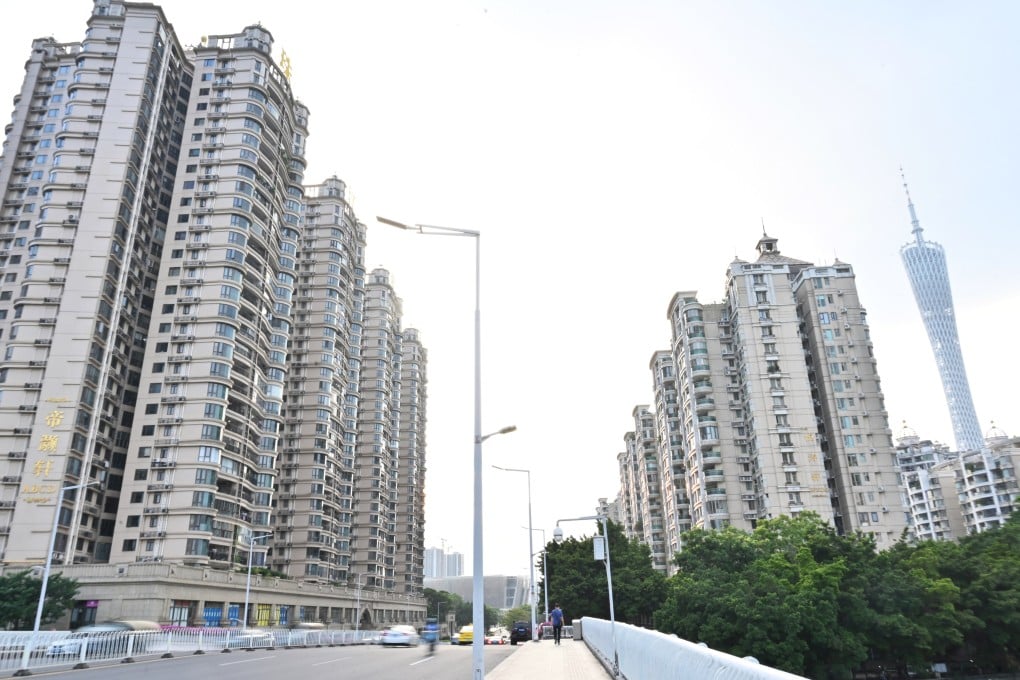China property flare-ups resurface as crisis enters fifth year
As China property debt crisis enters fifth year, there is little indication that distressed developers are finding it easier to repay debt

One of China’s leading developers is now on authorities’ radar for default risk. A major Hong Kong builder is asking lenders to extend loans. Another industry peer is selling an iconic but largely empty mall in Beijing.
As China’s property debt crisis enters its fifth year, there’s little indication that distressed developers are finding it easier to repay debt as a slump in home sales continues. Their dollar bonds are still trading at deeply distressed levels, debt issuance has nearly dried up and the sector a notable laggard in the stock markets.
Alarm bells went off again in recent weeks, when the banking regulator told top insurers to report their financial exposure to China Vanke to assess how much support the country’s fourth-largest developer by sales needs to avoid default. Over in Hong Kong, New World Development sought to delay some loan maturities while Parkview Group put a landmark commercial complex up for sale in Beijing.
The latest signs of stress are adding to concerns that the worst is far from over for the housing sector, once a powerful growth engine and now a big drag on demand for items from furniture to cars. And they are particularly worrying because Vanke’s woes show the liquidity crisis is hurting one of the few big builders that have avoided default. The trouble faced by its Hong Kong peers, meanwhile, means the contagion is increasingly felt offshore.
“While recent government policies have helped to arrest the speed of decline, it could take another one or two years for the sector to [hit] bottom,” said Leonard Law, senior credit analyst at Lucror Analytics. “Against this backdrop, we can’t rule out the possibility of some more defaults next year, albeit the overall default rate should be much lower than before.”
Chinese authorities have stepped up efforts in recent years to ease the slowdown, including interest rate cuts, slashing purchasing costs and restrictions, as well as state guarantees for bond sales by stronger developers. Top leaders also pledged to stabilise the property market next year at a key economic meeting earlier this month.
However, the rescue measures adopted so far have focused on preventing a collapse in property prices, protecting owners of unfinished flats and using state funds to help absorb excess supply. At the same time, policymakers chose to look on as former industry behemoths China Evergrande Group and Country Garden Holdings defaulted.
